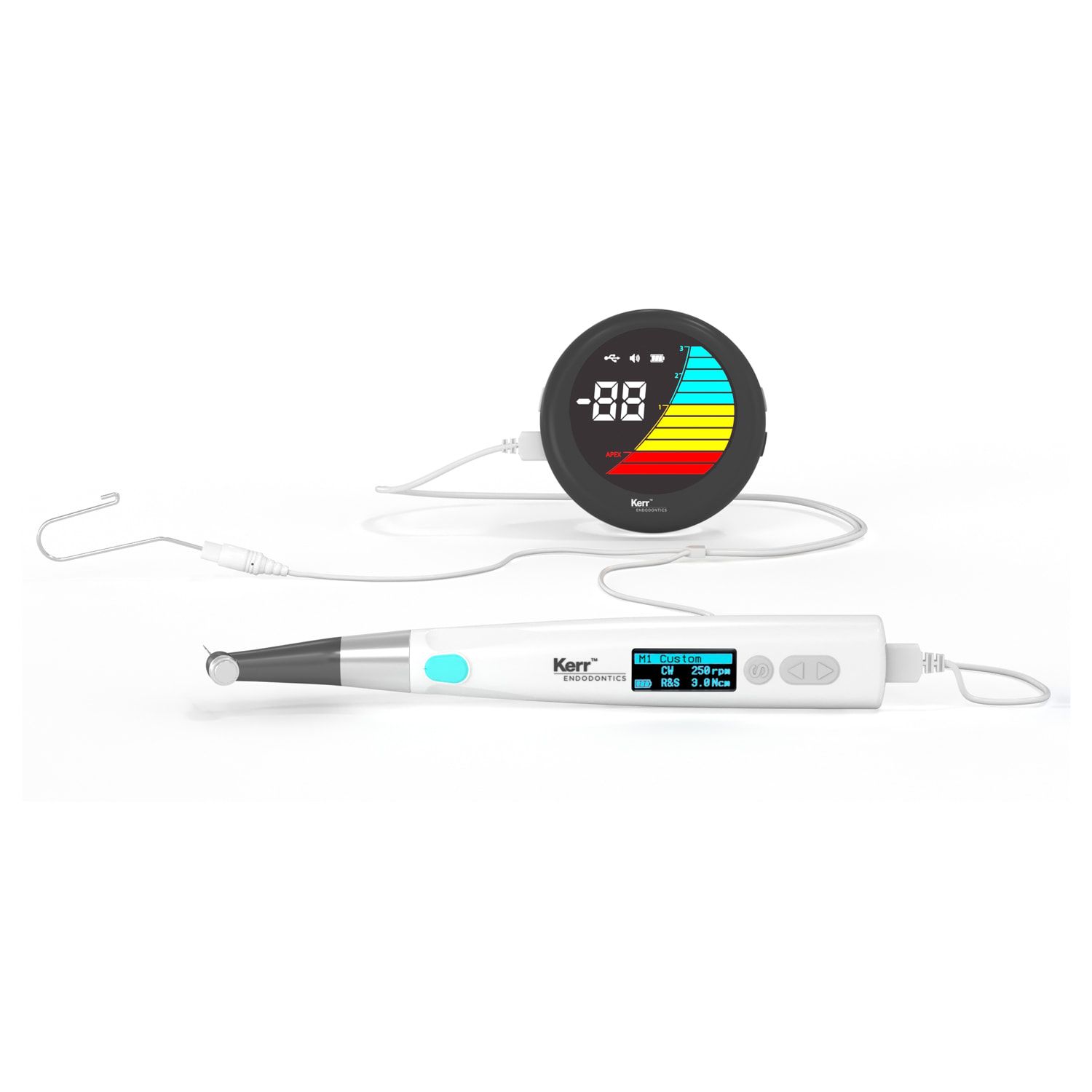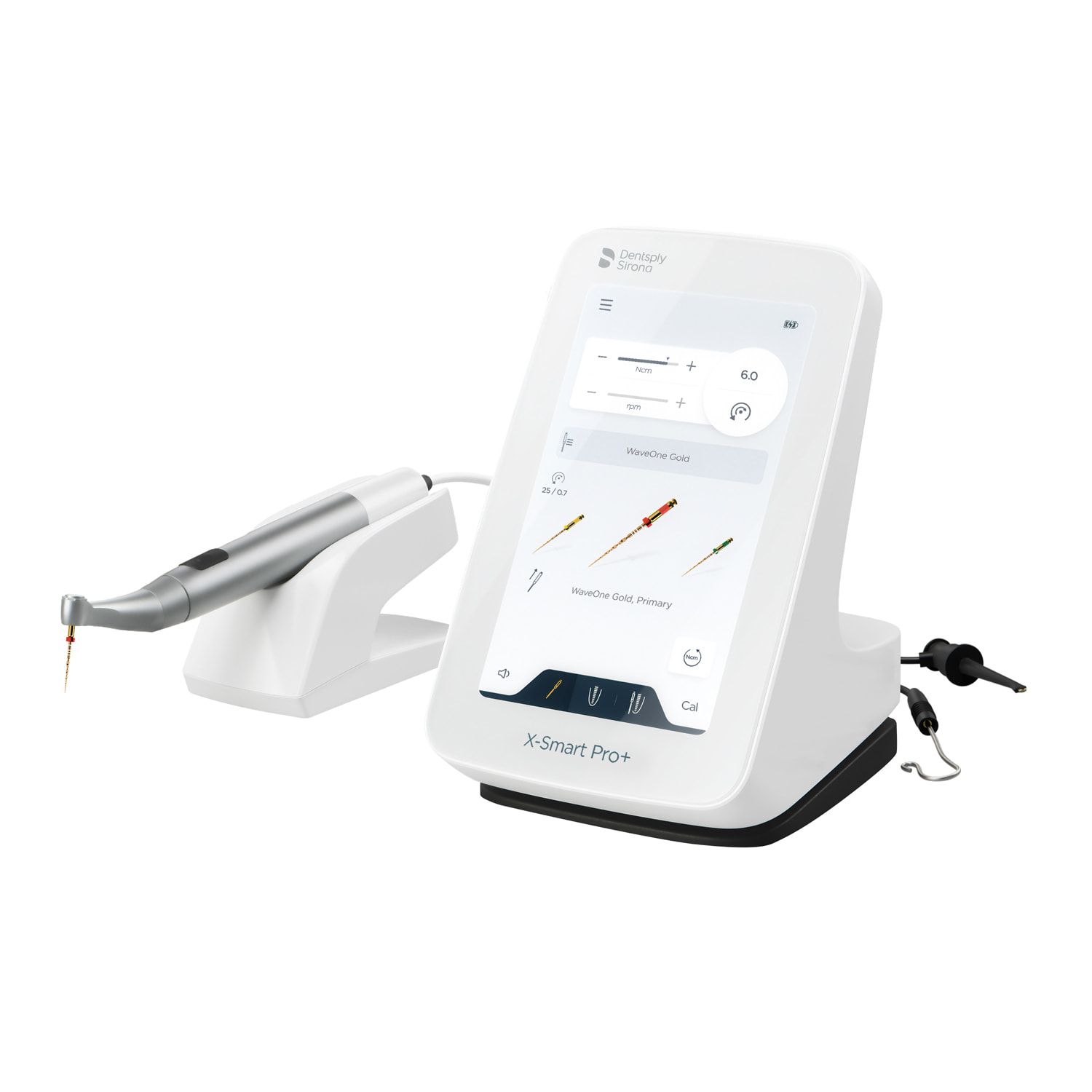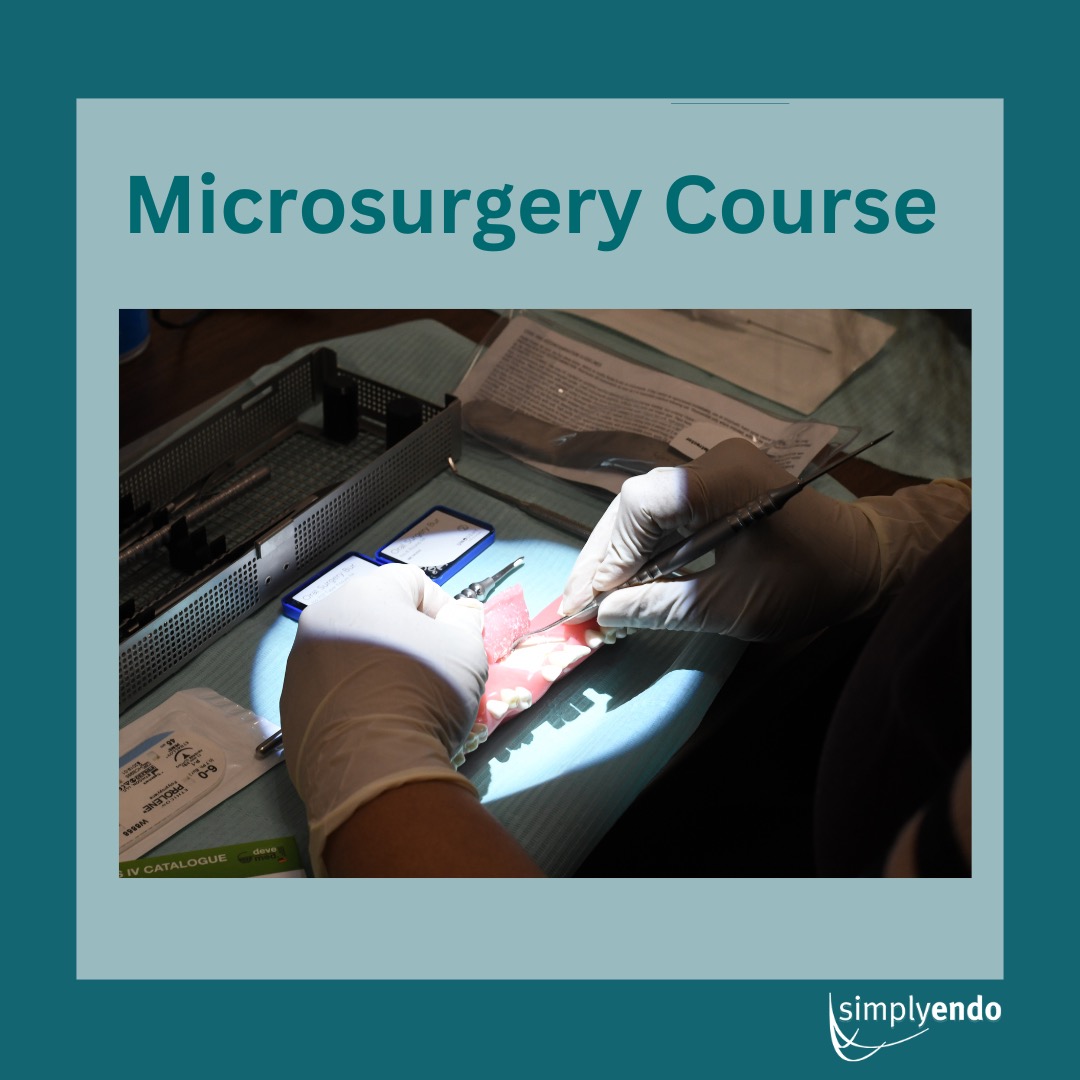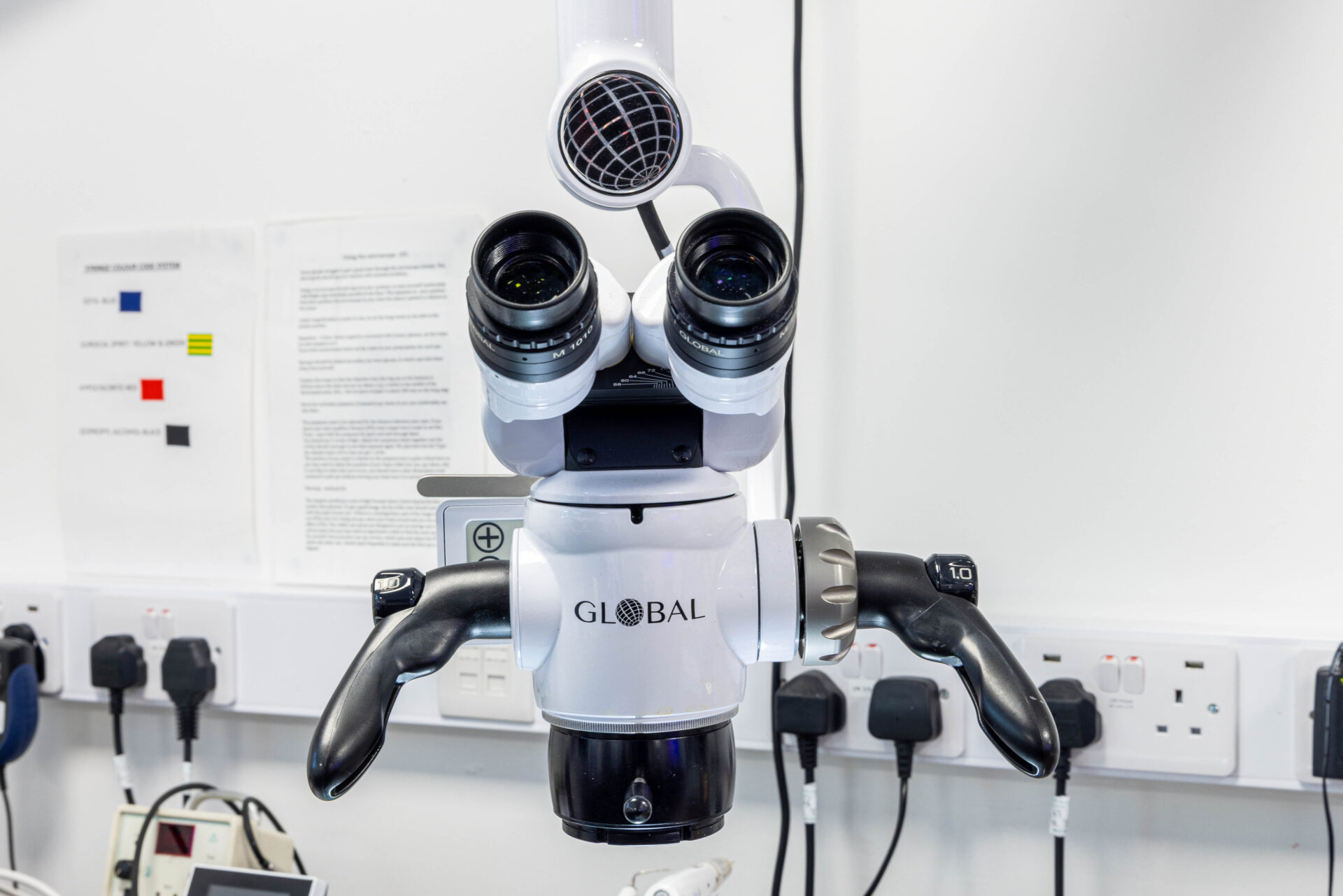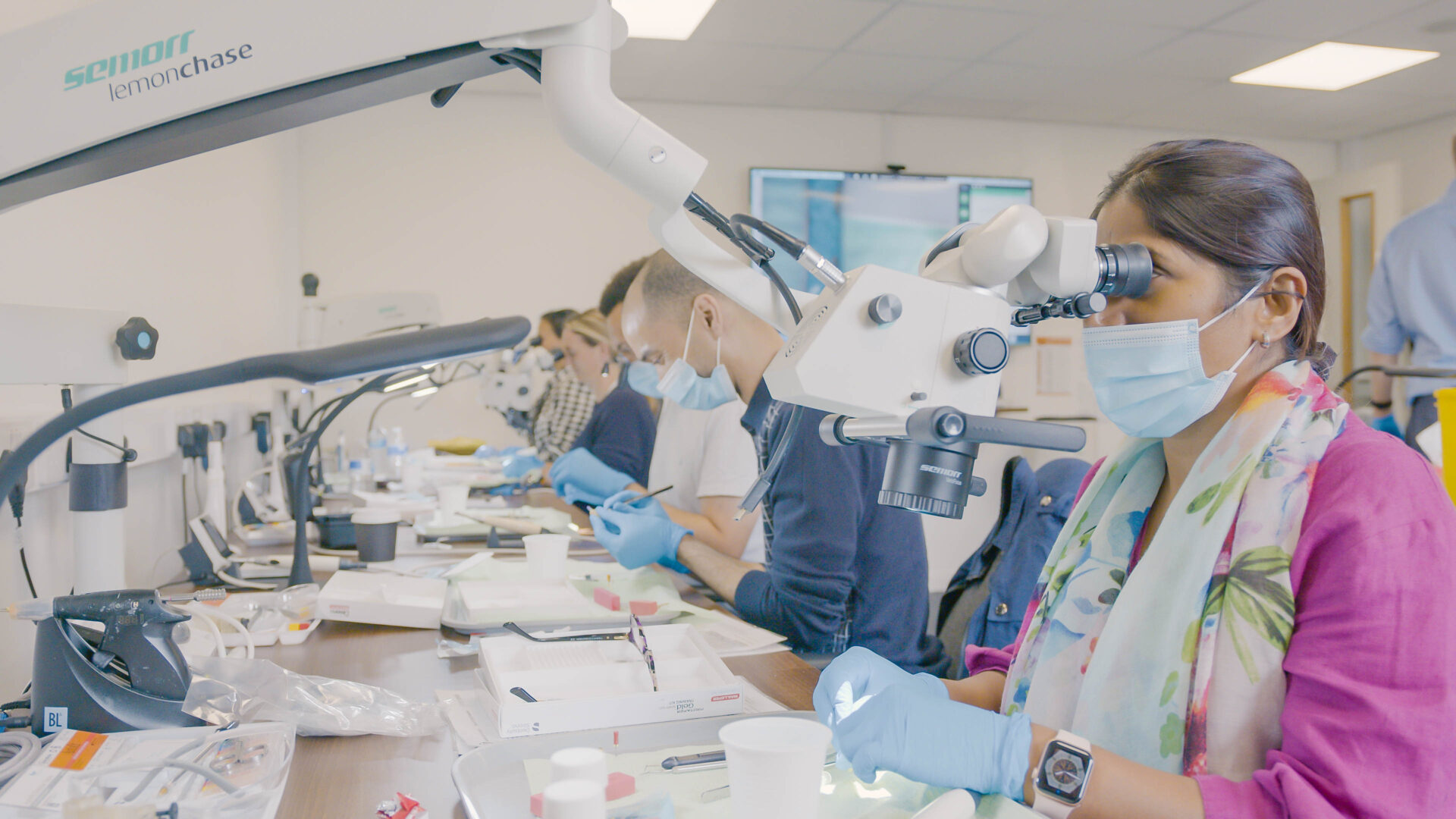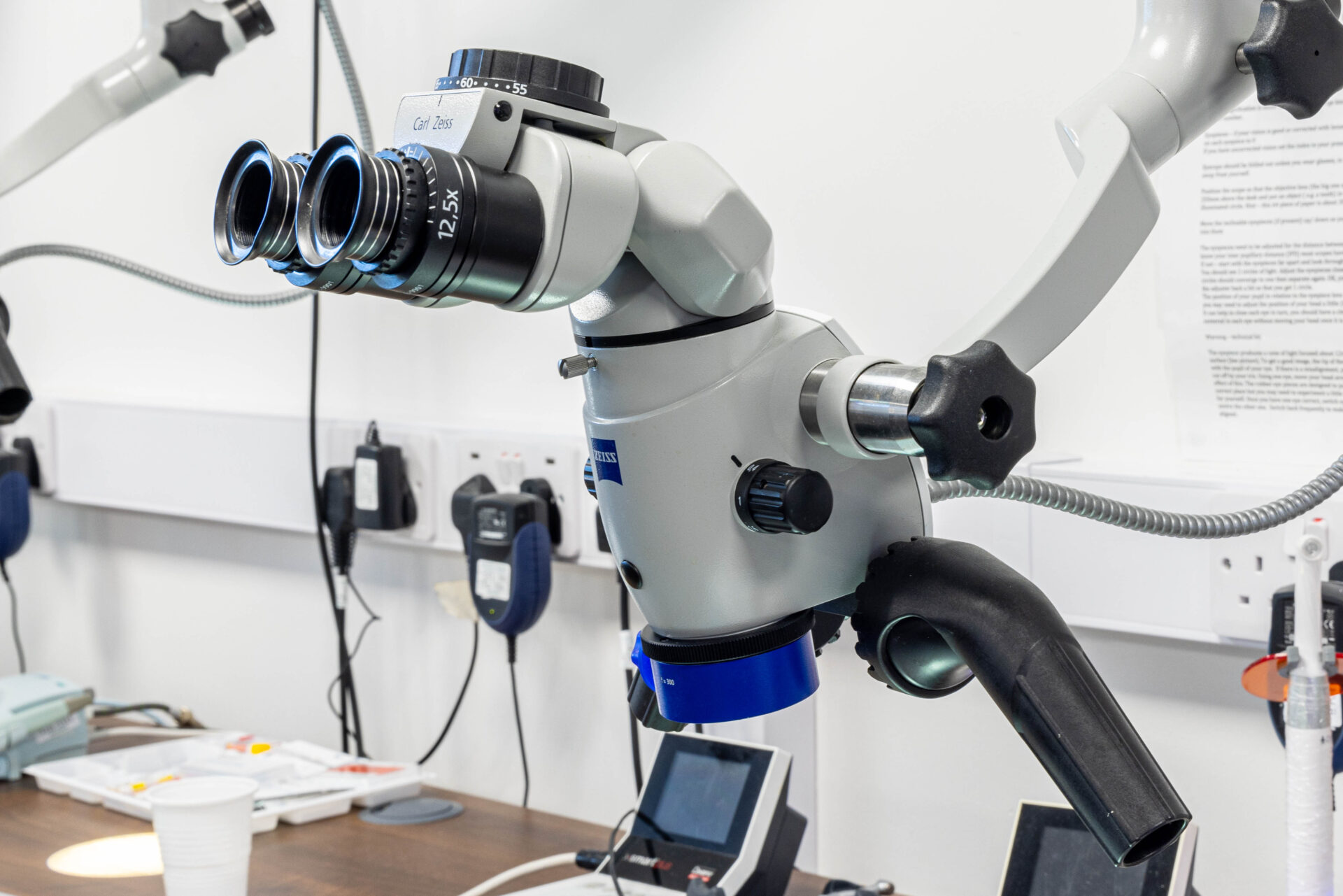https://www.jendodon.com/article/S0099-2399(23)00825-7/fulltext
ABSTRACT
Background
Enterococcus faecalis is the most common enterococcal species associated with infective endocarditis and one of the most commonly detected bacteria in cases of secondary/persistent endodontic infection (SPEI). Antimicrobial resistance is a global public health concern.
Objective
This review aimed to answer the following research question: “Is there a change in the antibiotic resistance profile in clinical strains of E. faecalis over the years?”. P (population) – patients with SPEI, I (intervention) –endodontic retreatment, C (comparison) -not included, O (outcome) – profile of Enterococci resistance and susceptibility to systemic antibiotics (SA) used.
Methods
Two authors independently performed study selection, data extraction and risk of bias assessment. The literature search was conducted using the following electronic databases: PubMed, Scopus, EMBASE, Web of Science and Medline. Clinical studies in which E. faecalis strains were isolated to assess their antimicrobial resistance were included.
Results
Eleven clinical trials were included. Overall, E. faecalis isolated from teeth with SPEI presented an intermediate resistance to 16 antibiotics. In recent years, E. faecalis showed a little resistance to Amoxicillin (without Clavulanate) and Benzylpenicillin. Erythromycin and Rifampicin presented an increase in the intermediate-resistance status between the first and the last studies. E. faecium presented intermediate-resistance results.
Conclusion
The most effective drugs remain the combination of amoxicillin and clavulanate, followed by amoxicillin and benzylpenicillin. In patients allergic to penicillin derivatives, moxifloxacin and azithromycin may be indicated with caution. The antibiotics with the highest pattern of resistance against E. faecalis are clindamycin, gentamicin, metronidazole, and rifampicin and are therefore contraindicated in cases of SPEI. Very few clinical studies using a microbiological approach in teeth with endodontic failure have been carried out to improve the efficacy of prophylactic regimens. However, as bacteria periodically develop resistance to the main drugs used, regular studies should be carried out on the action of these drugs in infection control.
Registration
PROSPERO database (CRD42022368150)
Keywords
Antibiotics. Endodontics. Enterococcus faecalis. Systematic review

